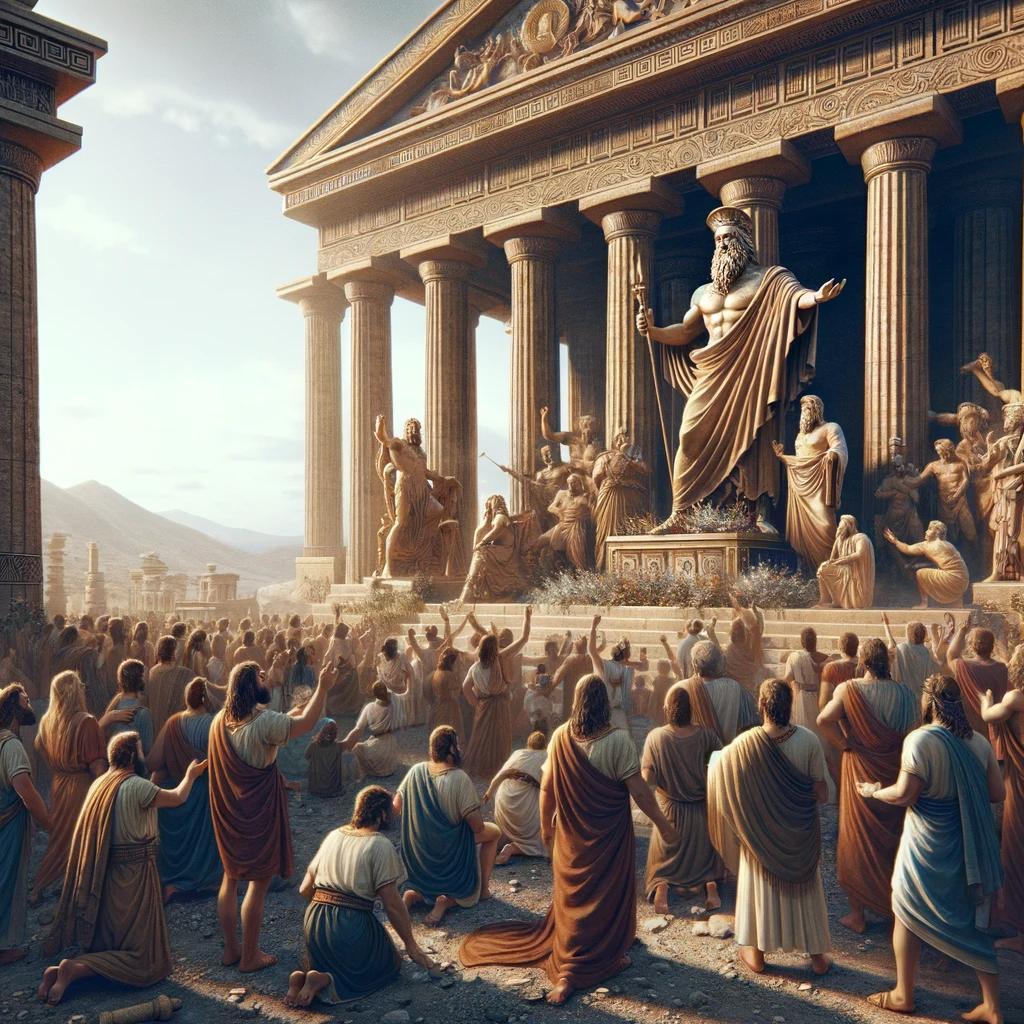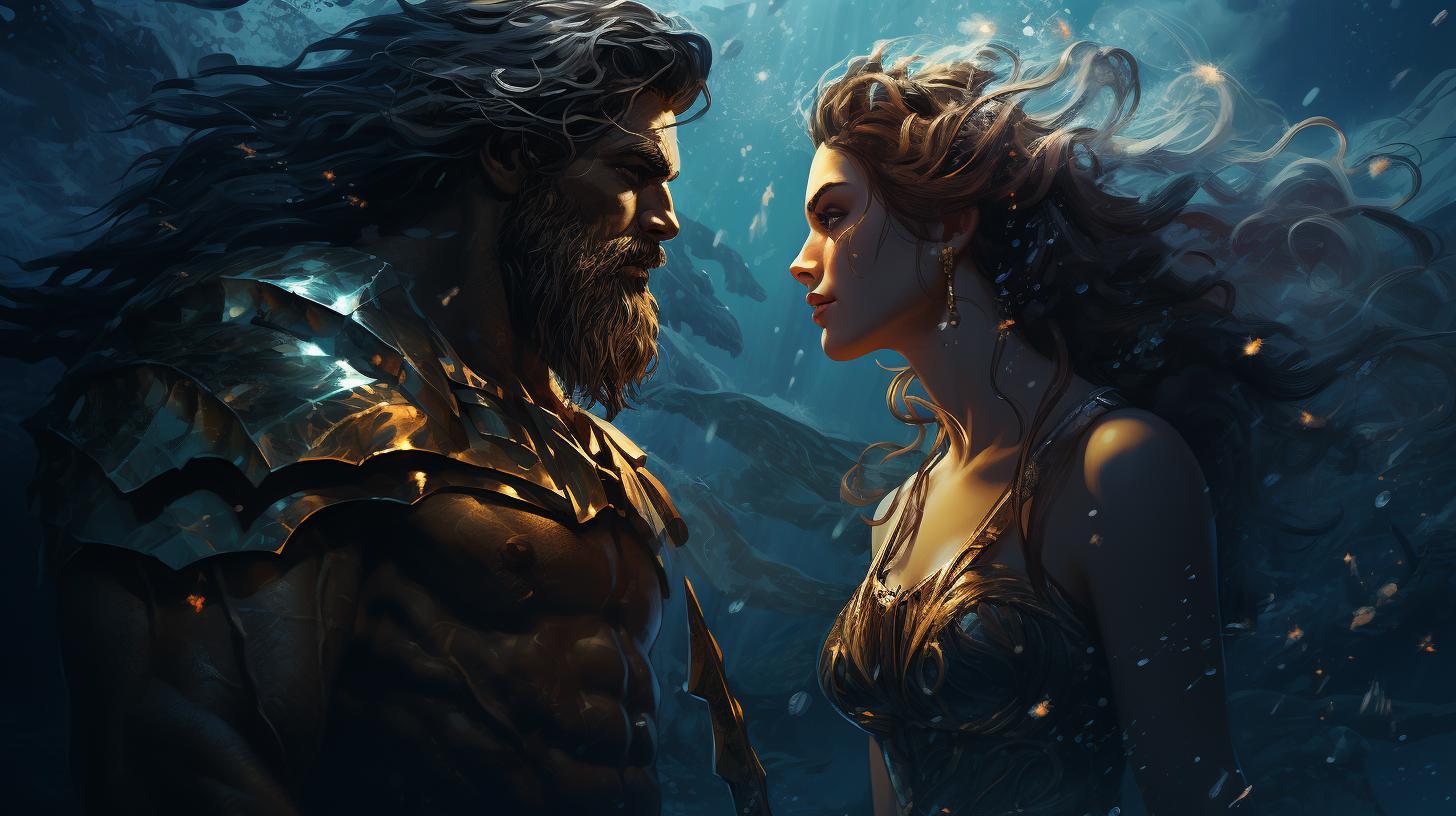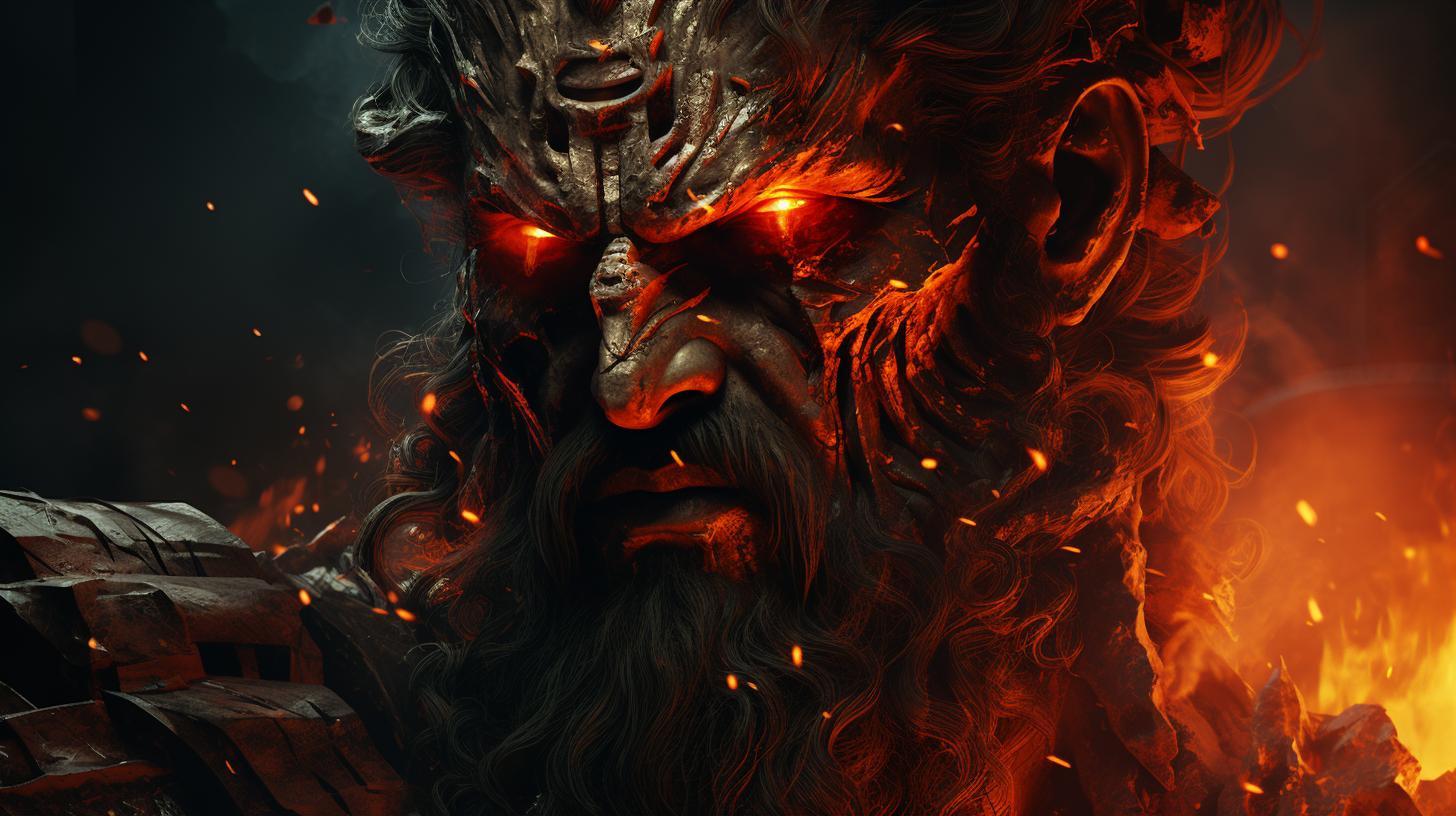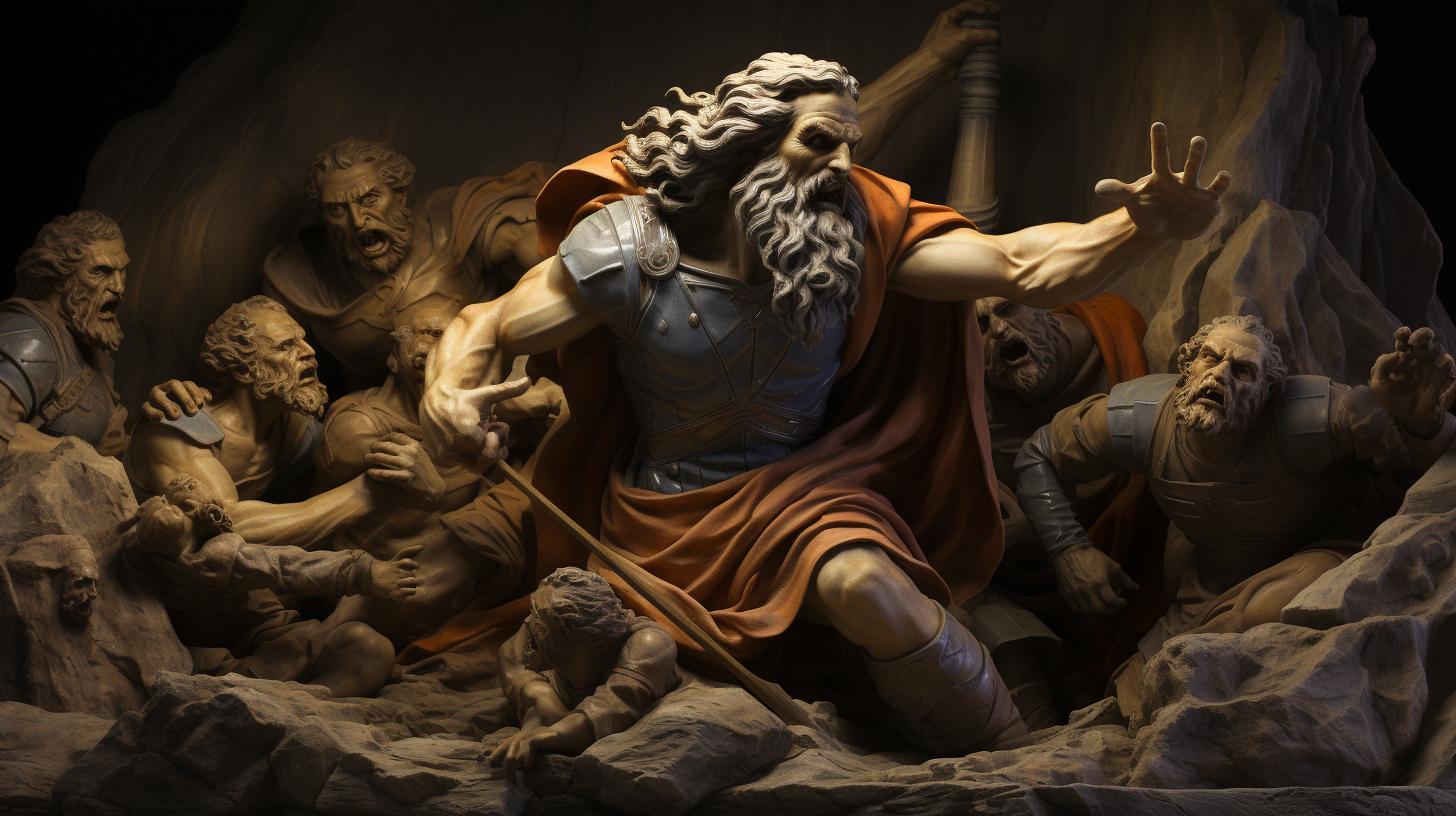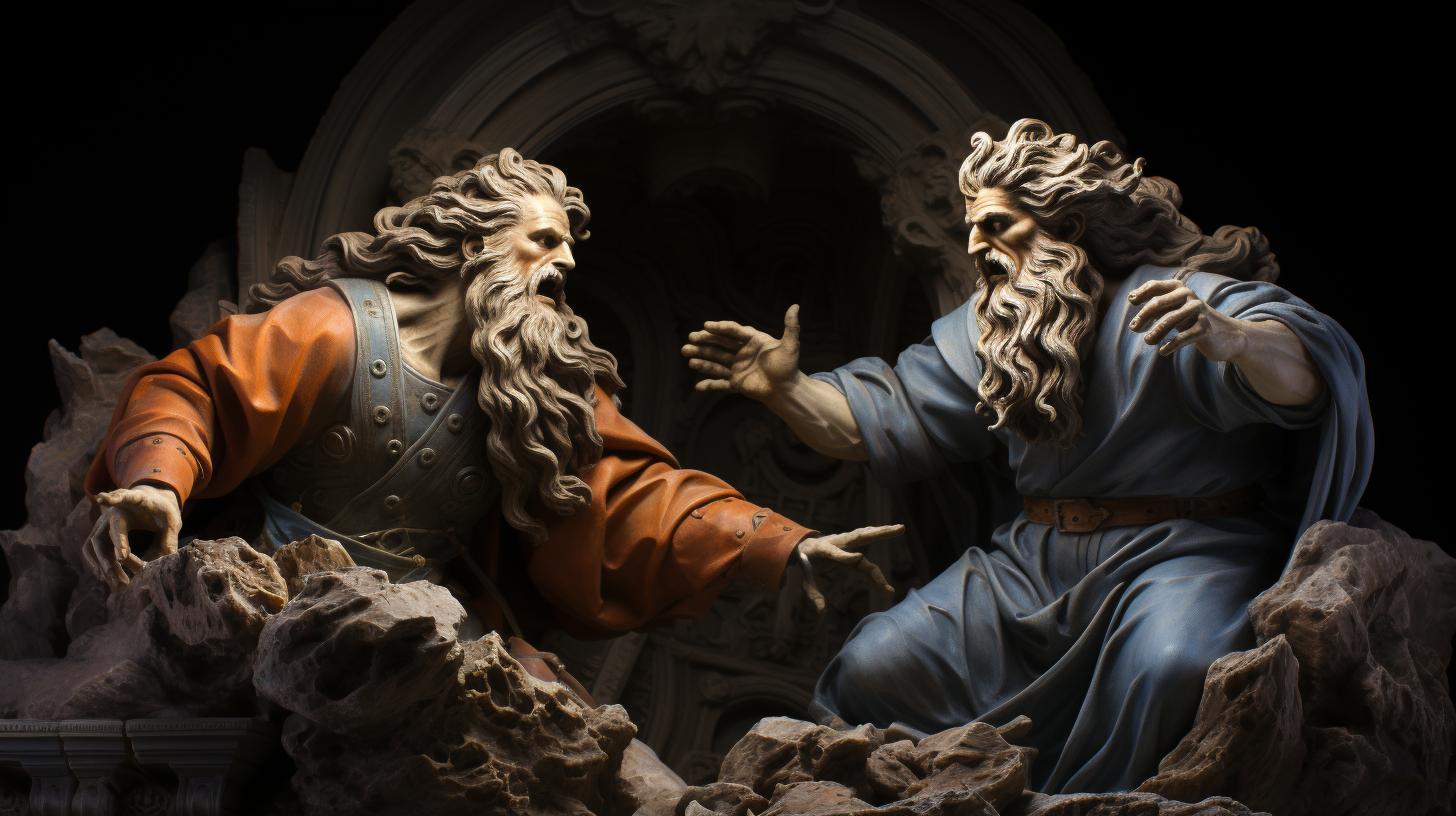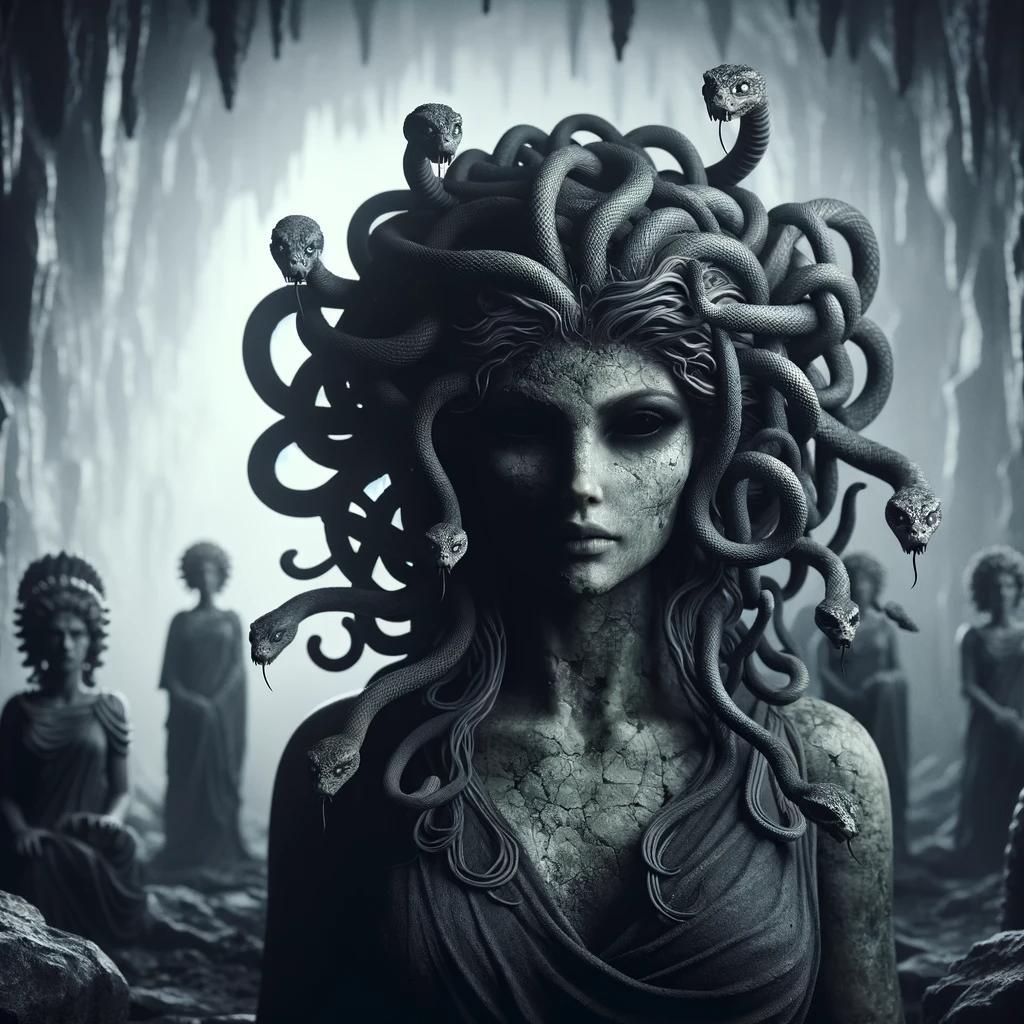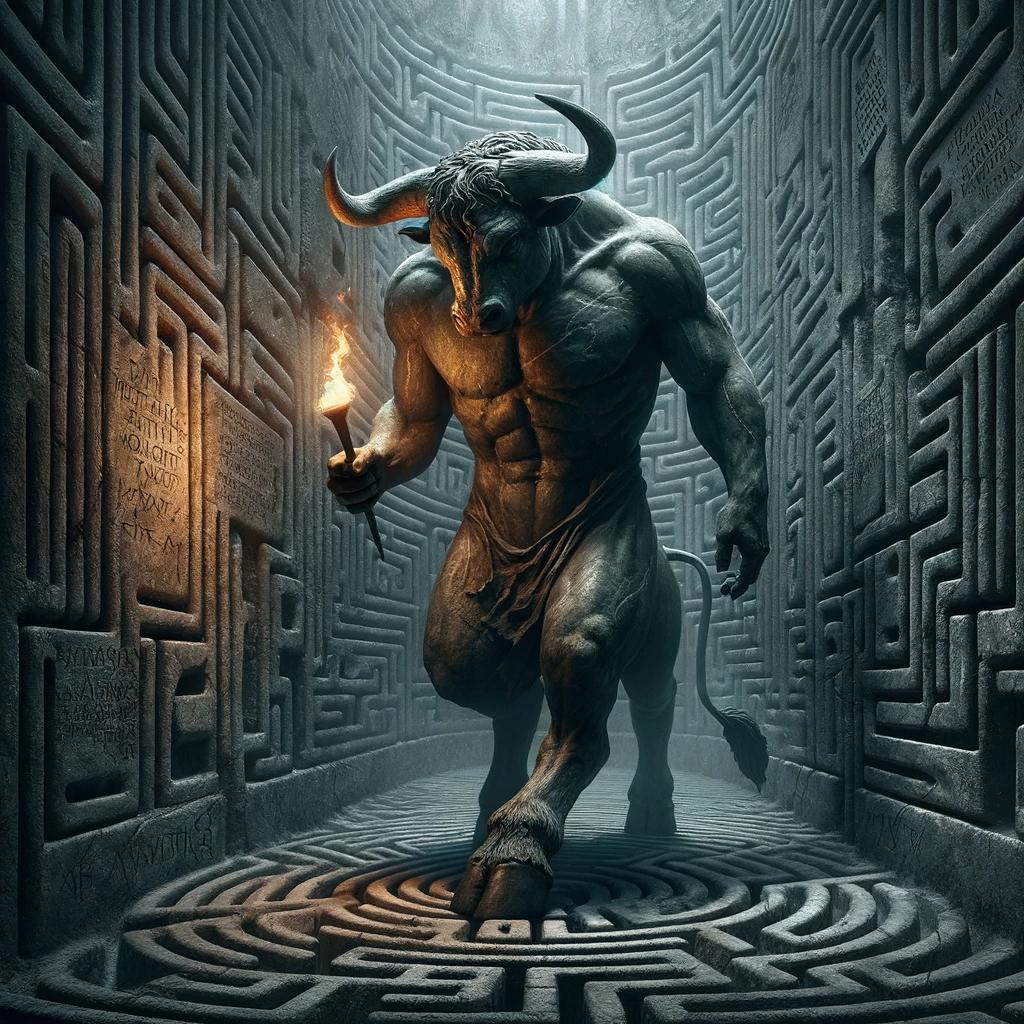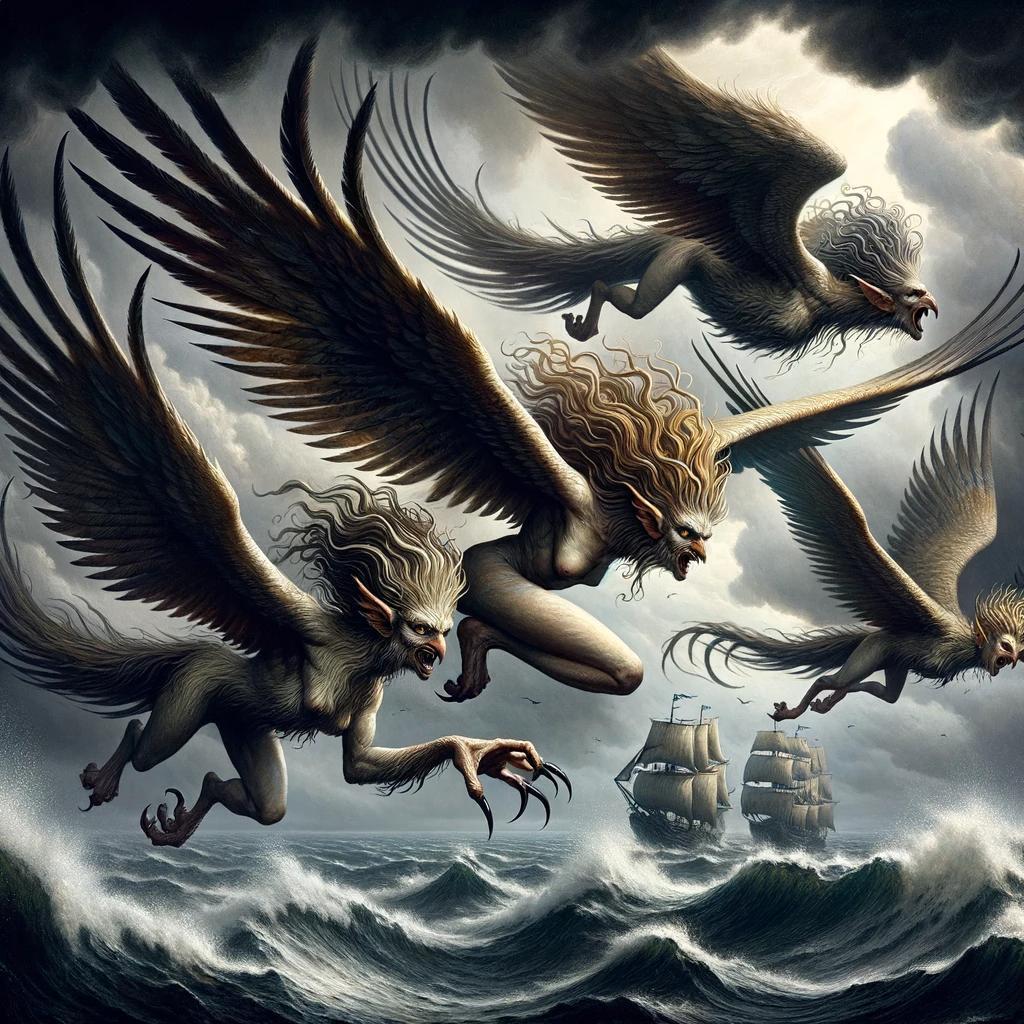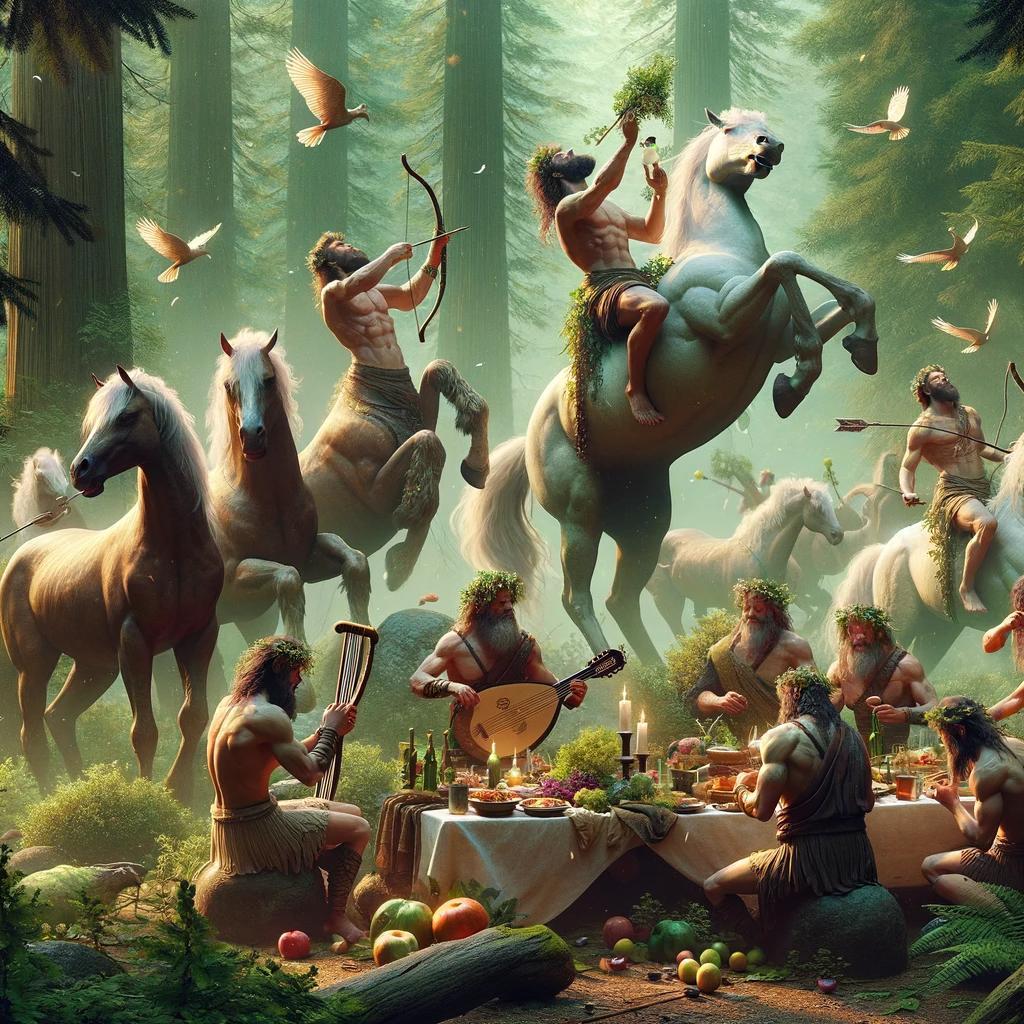Greek Mythology Gods and Goddesses: Ancient Legends from Mount Olympus
Greek mythology gods and goddesses are a captivating part of ancient lore. These mythical deities, such as Zeus, Hera, Poseidon, and Athena, ruled over different aspects of human life from their abode on Mount Olympus.
The Greek pantheon also included heroes like Heracles and Perseus, as well as fearsome monsters like Medusa and the Minotaur. Greek mythology’s rich tapestry has influenced art, literature, and culture throughout history, leaving a lasting impact on society.
Delve into the fascinating world of Greek mythology and discover its enduring significance in our modern world.
The Pantheon of Gods and Goddesses
Greek mythology is rich with a diverse pantheon of gods and goddesses who ruled over different aspects of human life. Each deity possessed unique powers and traits, captivating the imaginations of ancient Greeks.
Let’s delve into the fascinating world of these divine beings:
List of Greek Gods and Goddesses
Zeus: The King of Gods
Zeus, often depicted as a mighty, thunder-wielding figure, was the supreme ruler of the gods. Known for his wisdom and authority, Zeus governed the skies and upheld justice. He was revered as the protector of kings, the gods’ ambassador, and the enforcer of oaths.
Hera: The Queen of Gods and Goddesses
Hera was Zeus‘ wife and sister, reigning as the queen of heaven and goddess of marriage. She epitomized loyalty and stood as a symbol of matrimony. However, Hera was also renowned for her vengeful nature, as she fiercely defended her sacred union with Zeus.
Poseidon: The God of the Sea
Poseidon ruled over the vast waters, commanding the oceans, seas, and rivers. This powerful deity was associated with earthquakes and storms, symbolizing the untamed forces of nature. Sailors sought Poseidon‘s favor for safe voyages and bountiful catches.
Apollo and Artemis: The Twin Gods of Sun and Moon
Apollo, the god of the sun, represented light, logic, and prophecy. He was believed to guide the arts, music, and medicine. Artemis, his twin sister, governed the moon and the hunt.
She was revered as the protector of young animals and women in childbirth.
Athena: The Goddess of Wisdom and War
Athena, born fully grown from Zeus‘ forehead, embodied strategic warfare and intellectual prowess. She was a patroness of heroes, revered for her wisdom in battle and commanding presence. Athena was also associated with craftsmanship, particularly in weaving and pottery.
Ares: The God of War
Ares embodied the brutal and violent aspects of warfare. Revered as the god of war, bloodlust, and strife, he symbolized the destructive nature of conflicts. Ares often served as the embodiment of raw power in battle and was worshiped by warriors seeking victory.
Aphrodite: The Goddess of Love and Beauty
Aphrodite was the goddess of love, desire, and beauty. Her allure and enchanting aura captivated both mortals and gods alike. Aphrodite was associated with romance, fertility, and emotional connections, influencing human relationships and inspiring devotion.
Dionysus: The God of Wine and Festivities
Dionysus presided over revelry, wine, and ecstatic celebrations. As the god of fertility and the grape harvest, he personified hedonistic pleasure and liberation. Dionysus‘ followers, known as the Maenads, engaged in mysterious rituals and wild dances to honor him.
Hades: The Ruler of the Underworld
Hades governed the realm of the dead, ruling over the underworld with an iron grip. Though feared as a stern judge of souls, he was not malicious. Hades ensured the proper functioning of the afterlife, welcoming souls to their eternal resting place and maintaining balance.
Other Gods and Goddesses in the Pantheon
Besides the major gods and goddesses mentioned above, the Greek pantheon features numerous other divine beings with their own unique domains of influence. These include gods like Hermes, the messenger of the gods, and goddesses like Demeter, the deity of agriculture.
The pantheon of gods and goddesses in Greek mythology represents a captivating tapestry of power, influence, and interwoven relationships. Their stories and attributes continue to shape our understanding of ancient Greek culture and inspire our imagination to this day.
Heroes and Mortals in Greek Mythology
In Greek mythology, heroes played a significant role alongside the gods and goddesses. These mortal figures possessed exceptional strength, skill, and courage and were often tasked with enduring great trials and overcoming formidable adversaries.
Heracles (Hercules): The Greatest Hero of All
Heracles, also known as Hercules, is perhaps the most renowned hero in Greek mythology. Son of Zeus and the mortal Alcmene, Heracles was blessed with immense strength and embarked on numerous legendary quests.
His twelve labors, including slaying the Nemean Lion, capturing Cerberus, and cleaning the Augean stables, showcased his extraordinary abilities and heroic nature.
Perseus: The Hero Who Slayed Medusa
Perseus was another courageous hero, known for his epic battle against the terrifying Gorgon, Medusa. Armed with a reflective shield, a sword, and a pair of winged sandals, Perseus successfully beheaded Medusa, turning her into stone.
He later used her severed head as a weapon to defeat other enemies and rescue Princess Andromeda from the sea monster, Cetus.
Theseus: The Hero Who Defeated the Minotaur
Theseus is celebrated for his defeat of the ferocious Minotaur, a half-human, half-bull creature imprisoned in the labyrinth of King Minos. Guided by Ariadne‘s thread, Theseus navigated the maze and successfully killed the Minotaur, liberating Athens from the cruel demands of Minos.
Odysseus: The Hero of the Odyssey
Odysseus, the protagonist of Homer’s epic poem, the Odyssey, was a cunning and resourceful hero. After the Trojan War, Odysseus embarked on a perilous journey back to his homeland, facing numerous challenges such as the Cyclops, sirens, and the wrath of gods.
His intelligence and unwavering determination allowed him to overcome these trials and reunite with his family in Ithaca.
Pandora: The Woman Who Unleashed Chaos
Pandora, the first mortal woman according to Greek mythology, played a pivotal role in the introduction of suffering and evil into the world. As punishment for Prometheus stealing fire from the gods, Zeus ordered Hephaestus to create Pandora and bestowed upon her a box filled with all the miseries and evils of humanity.
Succumbing to curiosity, Pandora opened the box, releasing turmoil and leaving only hope trapped inside.
Other Heroic Figures in Greek Mythology
- Achilles: The invincible warrior of the Trojan War
- Jason: Leader of the Argonauts on a quest for the Golden Fleece
- Persephone: Queen of the Underworld and daughter of Demeter
- Bellerophon: Slayer of the Chimaera with the help of the winged horse, Pegasus
- Atalanta: Skilled huntress and agile runner
These brave heroes and heroines, with their extraordinary abilities and legendary exploits, captivate our imagination and remind us of the enduring power and influence of Greek mythology in our lives.
Monsters and Creatures in Greek Mythology
Greek mythology is teeming with fascinating and fearsome monsters and creatures. These legendary beings captivate our imaginations with their unique traits, incredible powers, and often menacing appearances. Let’s delve into some of the iconic monsters and creatures from Greek mythology:
Medusa: The Gorgon with Snake Hair
One of the most infamous figures in Greek mythology, Medusa was a monstrous Gorgon with venomous snakes for hair.
Her gaze could turn anyone who looked into her eyes to stone. According to the myth, the hero Perseus beheaded Medusa, using her formidable head as a weapon to save his mother and defeat his enemies.
Cyclops: The One-Eyed Giants
The Cyclops were towering giants with a single giant eye in the middle of their forehead. They were known for their brute strength and were often portrayed as blacksmiths or shepherds in Greek mythology.
These formidable creatures played significant roles in tales such as the journey of Odysseus, where they posed great challenges for the hero and his companions.
Minotaur: The Half-Man, Half-Bull Beast
The Minotaur was a terrifying creature with the head of a bull on a human body. Confined within a labyrinth in Crete, it devoured human sacrifices until the hero Theseus ventured into the maze and successfully slew the beast, freeing his people from its tyranny.
Sphinx: The Enigmatic Creature of Riddles
The Sphinx had the body of a lion and the head of a human, often a woman. This enigmatic creature posed challenging riddles to those who passed by. Those who failed to answer correctly would be devoured.
The most famous encounter with the Sphinx was by Oedipus, who successfully answered her riddle and defeated her.
Harpies: The Winged Women of the Winds
Harpies were winged female creatures with the faces of women and bodies of birds. They were known for their swiftness and their role as agents of punishment. In Greek mythology, they would swoop down and snatch away those who had wronged the gods or committed heinous crimes.
Centaurs: Half-Human, Half-Horse Beings
Centaurs were hybrid beings with the torso and head of a human and the body of a horse. These creatures exemplified both the civilized intellect of human beings and the wild instincts of horses.
They often featured in Greek myths, both as teachers and as rowdy troublemakers.
Other Mythical Creatures and Monsters
- Sirens: Enchanting creatures with irresistible voices who lured sailors to their doom with their songs
- Chimera: A monstrous creature with the combined features of a lion, goat, and serpent
- Hydra: A multi-headed serpent-like creature that grew two heads for every one cut off
- Griffins: Majestic creatures with the body of a lion and the head and wings of an eagle
Greek mythology’s prowess in creating diverse and captivating monsters and creatures continues to mesmerize and inspire us even in the modern era.
These mythical beings have left an indelible mark on art, literature, and popular culture, showcasing the timeless power of Greek mythology’s imagination.
Influence of Greek Mythology in Art and Culture
Greek mythology has left an indelible mark on art and culture throughout history. Its captivating stories and rich symbolism have inspired countless artists, writers, and creators across different mediums.
Greek Mythology in Ancient Greek Art
Ancient Greek art is replete with depictions of the gods and goddesses from Greek mythology. From majestic sculptures to exquisite pottery, these artworks brought the mythological world to life. Artists sought to honor the gods and immortalize their stories through their craft.
The Parthenon sculptures and the famous statue of Zeus at Olympia are prime examples of the influence of Greek mythology in ancient Greek art.
Greek Mythology in Literature and Poetry
Greek mythology provided a rich tapestry for ancient Greek literature and poetry. Epic poems like Homer’s “Iliad” and “Odyssey” showcased heroes such as Achilles and Odysseus, while tragic plays by Sophocles and Euripides delved into the complexities of human existence with mythical characters.
These narratives served as a source of inspiration for later writers and continue to captivate audiences today.
Greek Mythology in Modern Art and Media
The influence of Greek mythology extends beyond ancient times, permeating modern art and media. In paintings, sculptures, and even graphic novels, artists continue to draw upon the iconic imagery and themes from Greek mythology.
Films like “Clash of the Titans” and “Percy Jackson” series have brought these ancient stories to a new generation, reimagining the adventures of gods, heroes, and monsters. Moreover, Greek mythological names and references are frequently used in commercial branding, reinforcing their enduring presence in our everyday lives.
From sports teams to product names, Greek mythology adds a touch of mystique and grandeur. Overall, the influence of Greek mythology in art and culture is undeniable. Its timeless tales and archetypal characters continue to resonate with audiences, inspiring creativity and shaping our understanding of the human experience.
Greek Mythology’s Impact on Society
Greek mythology not only captivates us with its enchanting tales of gods and goddesses, heroes and monsters, but it also holds a significant influence on various aspects of society. Let’s explore how Greek mythology’s impact reverberates in gender roles and women, ethics and morality, religious beliefs, and its enduring legacy in today’s world.
Gender Roles and Women in Greek Mythology
In Greek mythology, women played diverse and often complex roles, ranging from powerful goddesses like Athena and Hera to mortal heroines like Medusa and Helen of Troy.
These stories provide insights into ancient Greek society’s perceptions of women, their influences, and the expectations placed upon them.
The mythological narratives also shed light on themes of power, beauty, and the agency of women.
Morality and Ethics in Greek Mythological Tales
The mythological tales of Greek gods and heroes delve into intricate moral and ethical dilemmas. These stories examine concepts such as virtue, justice, hubris, and the consequences of human actions. By exploring these narratives, society can reflect upon the complexities of morality and draw parallels to contemporary ethical debates, offering valuable insights into the human experience.
Greek Mythology and Religious Beliefs in Ancient Greece
Greek mythology played a central role in ancient Greek religious practices and belief systems. The gods and goddesses were not just legendary figures, but objects of worship and devotion. Understanding the mythological narratives provides a glimpse into the religious rituals, customs, and beliefs held by the ancient Greeks, allowing us to appreciate their spiritual worldview.
Legacy and Significance of Greek Mythology in Today’s World
Greek mythology’s influence extends far beyond ancient times, leaving an indelible mark on our modern society. Its stories have inspired countless works of art, literature, and even influenced popular culture. Greek mythological themes can be found in contemporary literature, movies, and even in brand names.
The enduring significance of Greek mythology is a testament to the timeless appeal of its captivating characters, moral lessons, and rich storytelling tradition.

